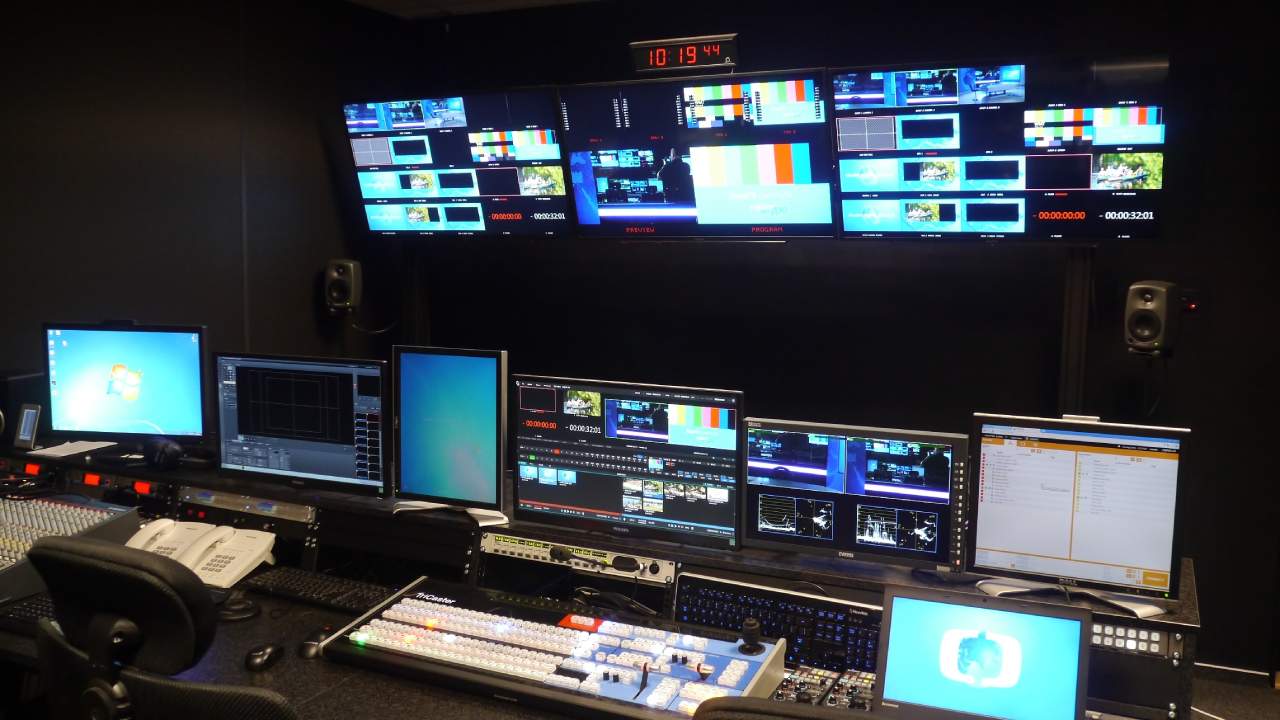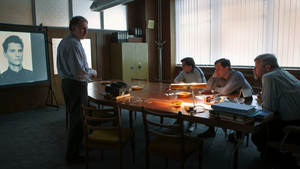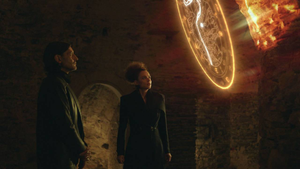Czech industry groups call for halting amendments to public TV law

The Association for Internet Development (SPIR) and the Publishers Union have joined commercial TV stations in urging the Ministry of Culture to halt the review process for amendments to the law governing Czech Television. These professional groups demand an expert discussion on the role of public service in the digital age before addressing the issue of funding.
According to the forthcoming law, the TV licence fee, which every household with a TV has to pay as a contribution to public broadcasting, will increase from CZK 135 to CZK 160 per month. At the same time, TV viewing via the Internet would also be subject to fees. Companies would pay TV fees based on the number of employees.
The Ministry of Culture estimates that the proposed amendments will increase Czech Television's annual budget by CZK 1.4 billion.
"We fully recognize the public significance of Czech Television and Czech Radio within the democratic framework of our country. In an increasingly online media landscape, strong private media must also operate, subject to market principles," says SPIR.
Both the Ministry of Culture and the incoming Director General of Czech Television, Jan Souček, have planned to hold discussions on modernizing public service media. However, they have set the timeline for next year, which according to commercial broadcasters, is too late.
The Association of Commercial Televisions vehemently disagrees with the current proposal. "The draft is entirely inappropriate and unconsulted with stakeholders. It would significantly disrupt the stability of the media sector," the association stated.
Private television networks question the use of the increased funds and express significant doubts over the allocation.
TV Nova and TV Prima had already protested against the budget increase at the Digimedia conference in June. Marek Singer, the CEO of TV Prima, said that it might be appropriate to review when households should pay TV fees to reflect modern realities. At the same time, however, any increase in licence fee revenue is seen as a risk to market pricing.
Private televisions fear that a wealthier Czech Television could order more shows from independent production companies, potentially disrupting market conditions and service pricing.
However, Vratislav Šlajer, Chairman of the Association of Producers in Audiovision, praised the government's approach. "We believe that strengthening Czech Television's position will also improve collaboration with independent producers and creators," he said.
The Publishers Union is also concerned about a provision in the proposed amendments that would give public media more flexibility in placing online advertisements.
"Given the ongoing shift of public media into the online space and the proposed exceptions to online advertising placements, we fear this could severely impact private media," warns the Publishers Union.
Commercial televisions emphasize that before increasing fee-based funding, a clear definition of the needs and the amount required must be discussed. "Only if this discussion concludes that the current budget is insufficient, it makes sense to debate how to supplement the missing funds," they point out.
The preparation for the significant media amendments continues. The Ministry of Culture is collecting feedback from stakeholders until October 4.




